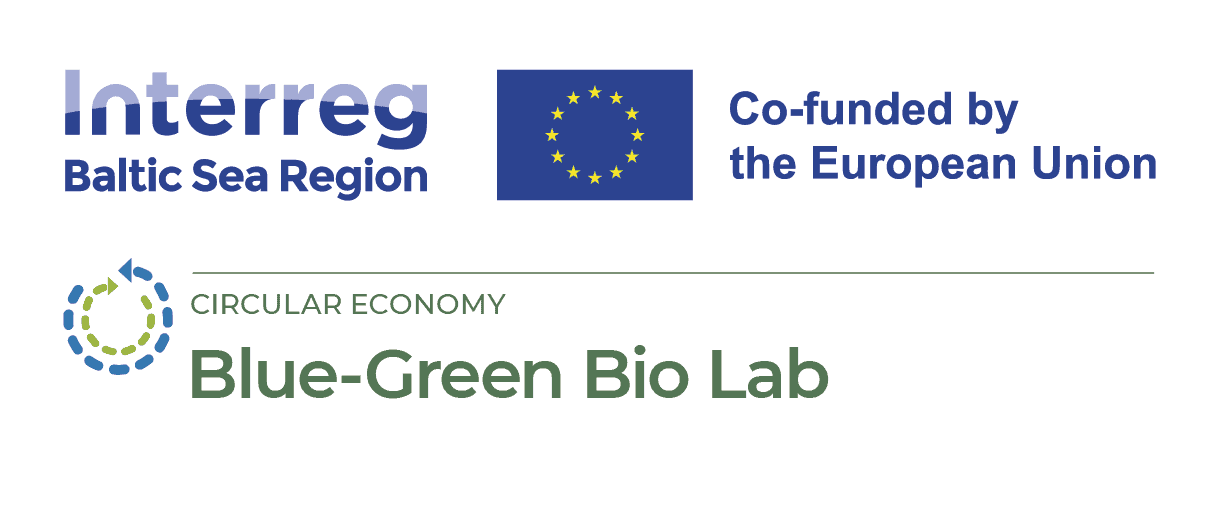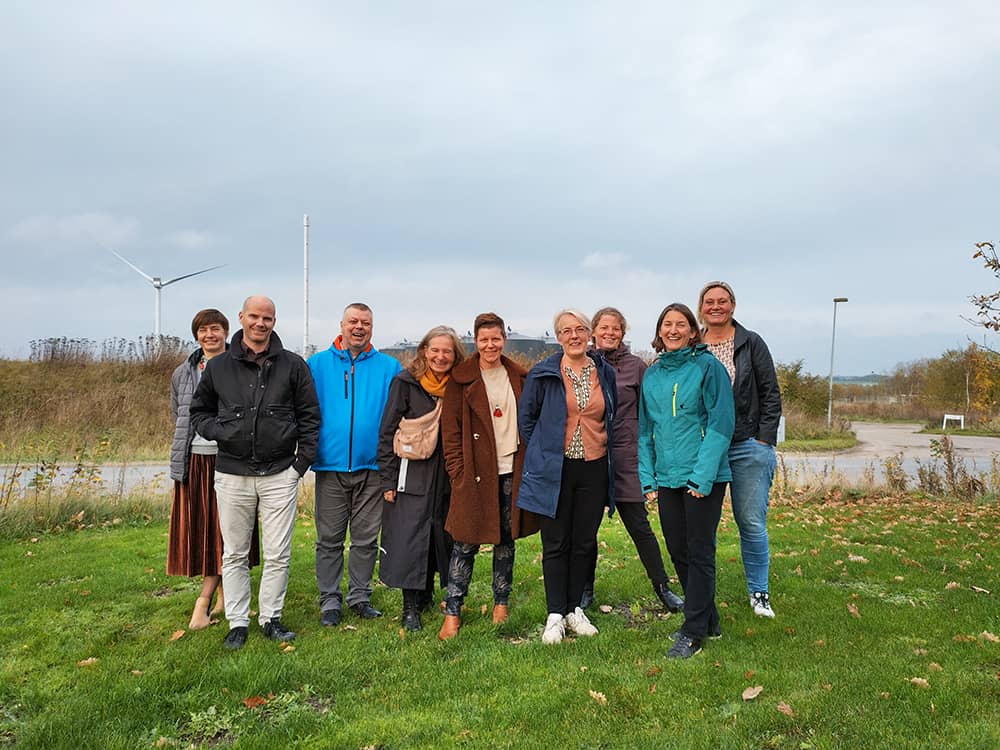
New project “Blue Green Bio Lab Across the Baltic Sea Region” examines the potential for the use of green and blue biomasses in bio-industrial symbioses in the Region.
14 February 2023
The project is one among 17 small-scale projects selected in June by EU’s Interreg BSR program, a development fund for the Baltic Sea Region.
The Blue Green Bio Lab project builds upon prior industrial symbiosis projects in the region though with a particular focus on bio-industrial symbiosis.
Regional cooperation for a sustainable future
Through the participation and engagement of local public authorities, applied research institutions and business support organizations across the Baltic Sea Region the project will develop a toolkit to support the work of local authorities in navigating the complex development and involvement processes in establishing bio-industrial symbiosis systems.
Cathy Brown Stummann, Project lead from Skive Municipality explains the transnational value of the project:
“Local authorities in the BSR region, and Europe as a whole, are facing a myriad of climate challenges with real impacts on the future of agriculture and aquaculture. We see the toolkit developed in this project as a roadmap for us and other municipalities to turn the dream of bio-industrial symbiosis into a reality with real benefits for farmers, fisherman and society as a whole.”
Opportunities for job growth through innovation
Partner Lysekil Municipality sees value in the project with regard to the municipality’s strategic goals with regard to sustainability and job creation, as Karolina Samuelsson, Lysekil Council Manager describes:
“The project gives Lysekil City Council an amazing opportunity to develop the large-scale use of green and blue biomasses in bio-industrial symbiosis in our area. Excess heat from nearby industries, together with our close proximity to the ocean, provide great opportunities for circular production where companies would be able to share resources and infrastructure. Furthermore, this would support the council’s strategic goals and ambitions to support a sustainable future and increase job opportunities in Lysekil.”
Four local authorities in the BSR region are involved in the project. Skive Municipality, Denmark, Lysekil Muncipality, Sweden and the Zemgale and Kurzeme Planning Regions, Latvia. These local authorities each have a range of primary production stakeholders (agriculture and aquaculture) and a track record of tackling climate challenges. LEVA – in Lysekil – a local electricity and wastewater company, is also a partner.
Local engagement ensured by local business organizations
Several business organizations are directly involved in the project to ensure engagement of local stakeholders through workshops and activities in each of the 3 participating countries.
The Climate Foundation in Skive and Food and Bio-Cluster Denmark in Denmark, Innovatum Science Park in Sweden and the Business Support Centers in the Zemgale and Kurzeme Planning Regions in Latvia will bring their networks with businesses and entrepreneurs into the project.
Thine Hahnbak, development consultant at the Climate Foundation Skive adds:
“Participating in the Blue-Green Bio Lab-project will enhance our capacity to facilitate business networks engaging in cross-sectoral collaboration, such as industrial symbiosis. We see this capacity as a strong need in the future when businesses have to document sustainability impacts of not only their own business but of the entire value chain and business systems, they are part of.”
Cooperation on bio-industrial symbiosis based on scientific knowledge
Understanding the potential of bio-industrial symbioses in the project with respect to specific blue and green biomasses will be supported by the activities of 3 applied research institutions: Latvian Institute of Aquatic Ecology, Chalmers Industrial Technology and Aarhus University.
Anda Ikauniece, Deputy Director at the Latvian Institute of Aquatic Ecology adds:
“Climate change consequences have a potential to strengthen eutrophication and increase the amount of biomass in the water bodies. Up to now these have mostly been regarded as a nuisance, but blue biomasses also contain possibilities for both climate change impact mitigation and the creating of a blue bioeconomy with businesses. Within this project we aim to reveal both of these options for our partners when developing bio-industrial symbiosis system.”
Kick-off partner meeting October 26th set the project in motion
Partners of the Blue Green Bio Lab project met in Skive (Denmark) and online on October 26th to ensure close collaboration from the start. The main output of the project will be the Blue-Green Bio Lab Toolkit, developed in collaboration with all partners and input from stakeholders from business and government.






